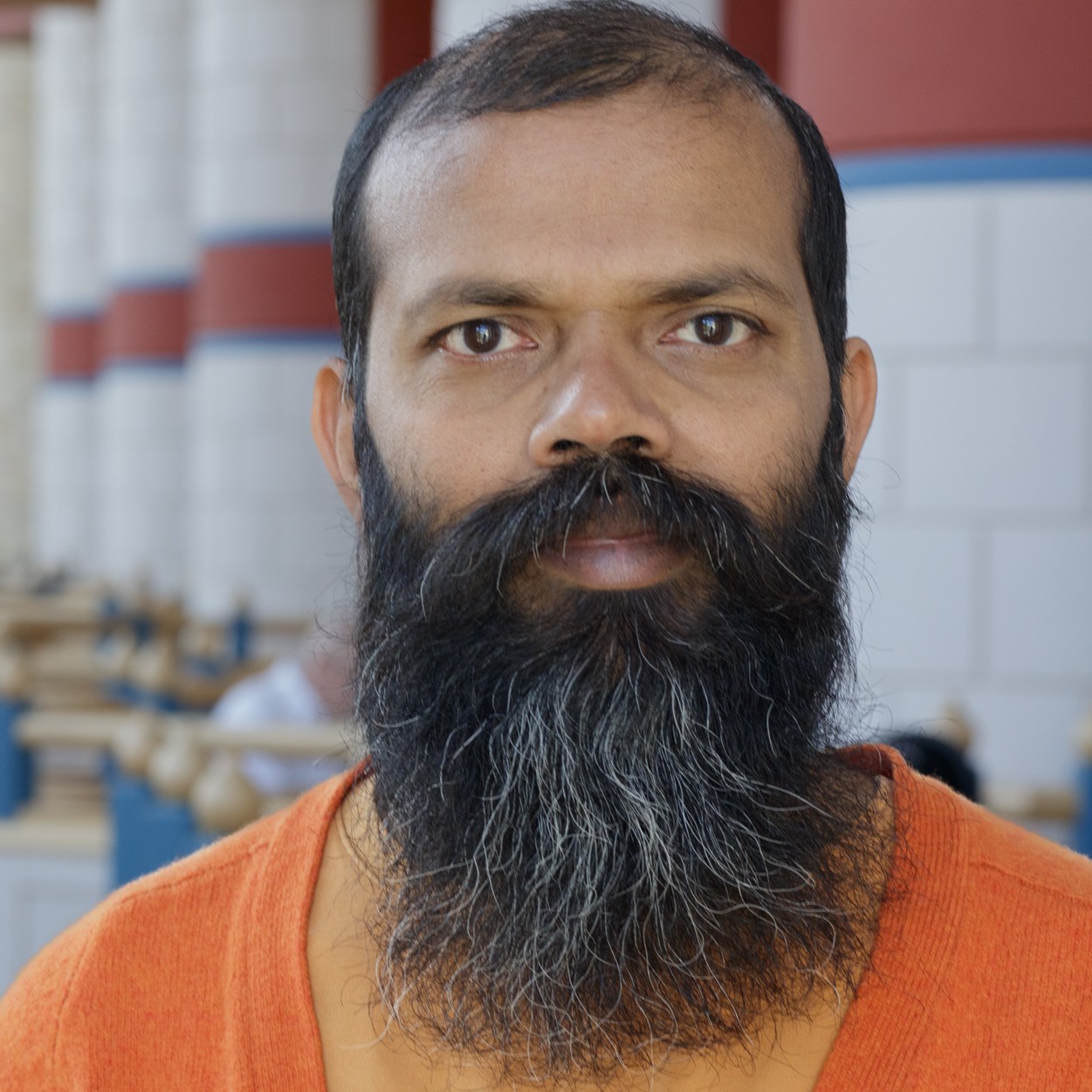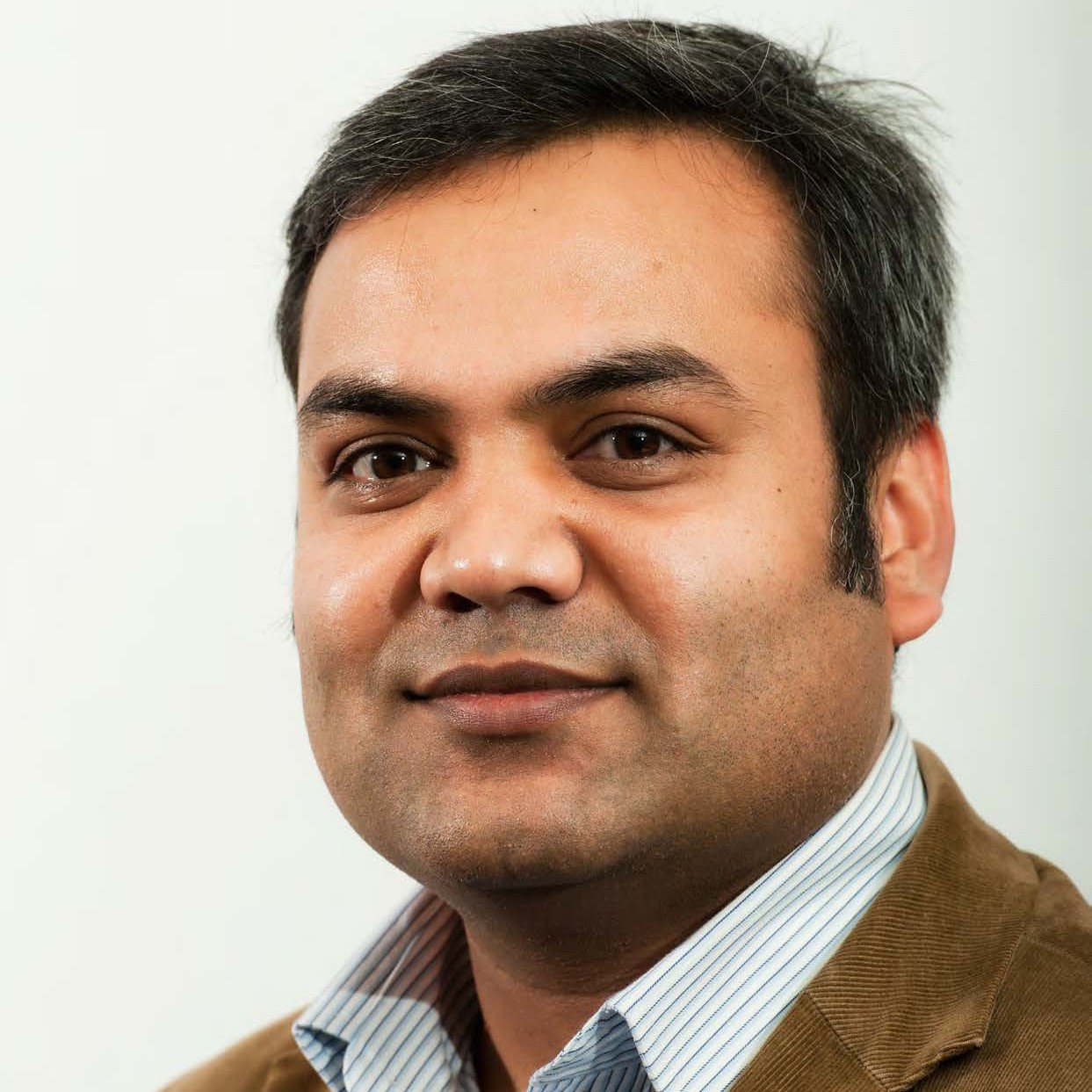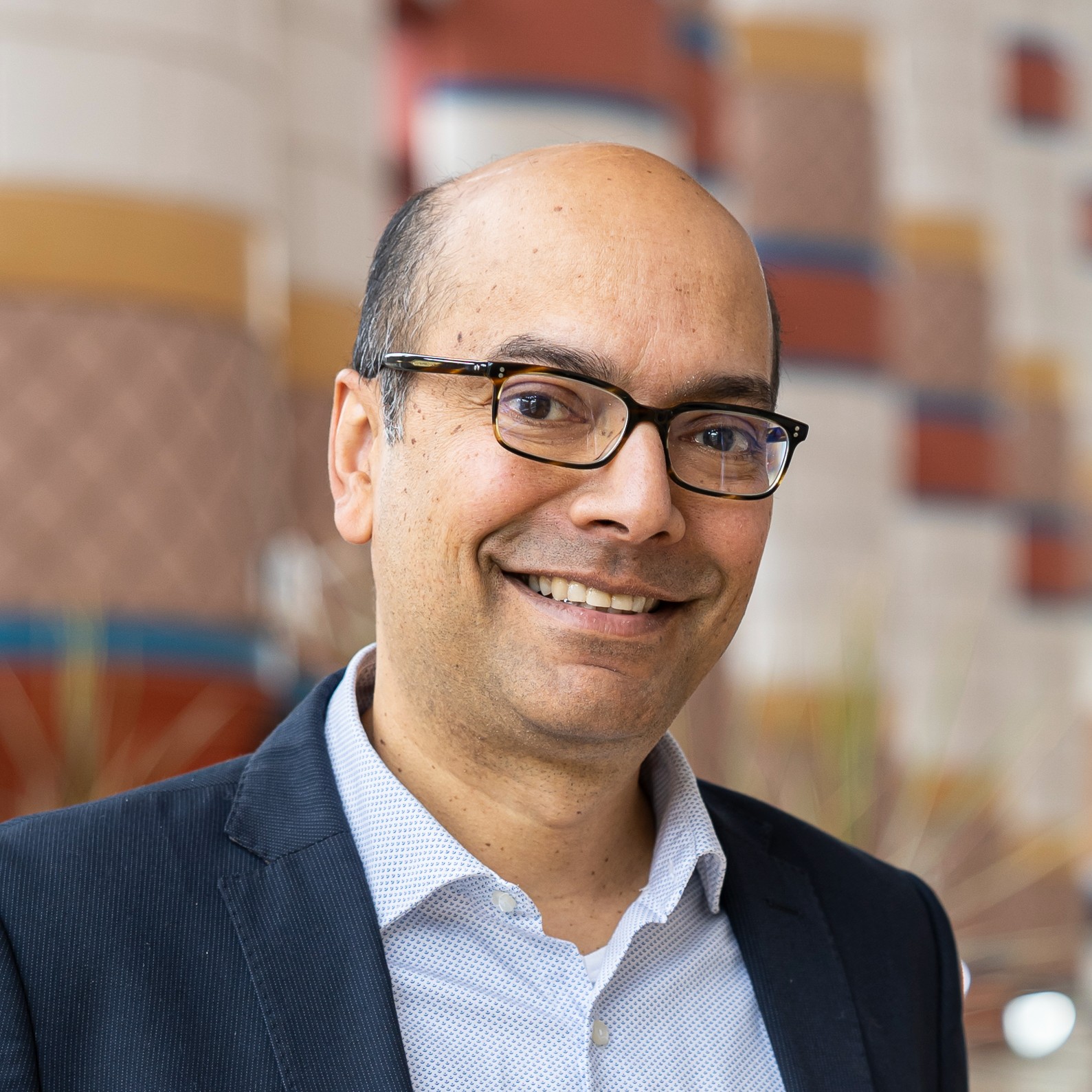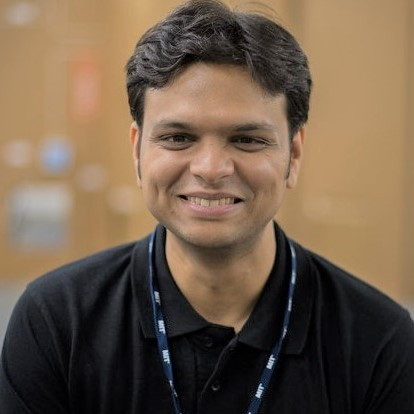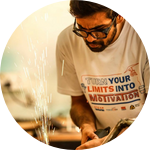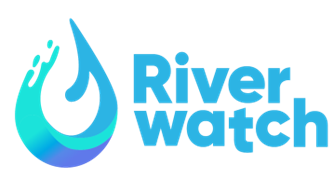About This Project
Lack of reliable water quality data is leading to serious global health issues. The UNEP estimates that around 3 billion people are at health risk due to scarcity of water quality data, which mainly stems from the lack of resources such as testing labs and manpower. In this project, we will explore the use of low-cost water testers and evaluate their efficacy in accurately mapping the quality of river water in Goan rivers (India) using an open-source, citizen science-based approach.
Ask the Scientists
Join The DiscussionWhat is the context of this research?
Scarcity of reliable water quality not only poses a health risk but also affects communities that depend on water for their livelihood. Today, water quality data is primarily available from government agencies. Typically, water quality inspectors collect some samples and get them tested in a government lab. This approach is not scalable, particularly in large countries like India with thousands of water bodies.
Water testing is laborious, time consuming and expensive. High-precision instruments are mostly confined to labs and difficult to operate. There are several low-cost water testers that can measure electrical conductivity, pH and dissolved oxygen. However, there isn't much information available on their accuracy and if the data they generate can be meaningful information.
What is the significance of this project?
Bridging the water quality data gap can positively impact all the stakeholders involved. Many communities in developing countries still rely on gathering water from natural sources, which can be quite contaminated. Such communities can make informed choices on sourcing water if the have access to this data. Reliable water quality data can help governments in formulating better policies regarding water pollution. Up-to-date data can assist in cleaning efforts and direct them to focus on polluted regions of the river. Fishing communities heavily depend on water sources for their livelihood, and water quality data can influence their fishing habits, such as guiding them to areas that have higher likelihood to catching fish, and avoiding areas that can cause health issues.
What are the goals of the project?
This project will involve collecting and testing of water samples from water sources such as rivers and lakes using low-cost water quality testers. We have teamed up with the local fishing community, who will help us gather a large number of samples from strategic locations along several rivers of interest.
The low-cost testers will be calibrated using standards and benchmarked against data obtained from an accredited lab to gauge their accuracy.
Geo-tagging the location of each sample will also be done. Based on the results, a quantitative “Water Quality Index (WQI)”, similar to the more familiar “Air Quality Index (AQI)”, will be generated. The complete data set, test methodologies, processes and computational methods will be open-source and publicly accessible.
Budget
The budget will help us procure several low-cost water quality testers that can measure the electrical conductivity, total dissolved solids, salinity, pH and dissolved oxygen. These will be used by teams to test water samples collected from strategic locations along various rivers.
The testers will be calibrated using standards and also benchmarked against lab readings from a certified local lab before testing. Typically, a lab in India charges around Rs. 3000-4000 ($80) to do a comprehensive 14-parameter test of the water sample.
We will build a GIS-based frontend that will share the water quality data on maps on a regular basis. All data will be made available on Github along with codes for data processing and statistical analysis.
A cloud backend will be maintained for storing large volumes of data and for hosting webpages and the frontend.
Endorsed by
 Project Timeline
Project Timeline
The project will be carried out in three main phases:
1. Calibration of various types of low-cost water testers
2. Data Collection with the help of the fishing community
3. Data analysis and dissemination of results through Github and a GIS-based dashboard
Jun 26, 2023
Project Launched
Aug 01, 2023
Project launch
Aug 15, 2023
Calibration of various water quality testers
Aug 21, 2023
Digitizing data and coordinate extraction from meter images
Sep 01, 2023
Data collection from Moira river
Meet the Team
Team Bio
Our project is called RiverWatch and we are team of engineers, researchers, designers and makers that thrive on learning, teaching, and building. We love to make things and believe that great things happen when we build together as a community. We are deeply committed to building communities that share our vision of sharing knowledge and solving problems.
Anshuman Das
Anshuman is a physicist by training and his research lies at the intersection of materials, sensors and computational imaging. He is driven by the challenges facing our communities and is always exploring ways to contribute towards a solution. This project is inspired by the fact that community-led research has great potential in problem solving. When we look at data related to water quality from publications and reports, we see that the sample sizes are generally small. Furthermore, there is a lack of reliable and longitudinal data that is publicly available. There is a huge opportunity to bridge this data gap with the help of local communities in a structured and scientific manner using the principles of citizen science. Anshuman is leading this effort and hopes that this project can be scaled to benefit many communities around the world.
Anshuman is the cofounder of Labby Inc., a startup born at the MIT Media Lab that is developing breakthrough mobile spectrometer technologies for industrial applications. Previously he was a Research Scientist at MIT Media Lab and MIT Tata Center for Technology and Design. He worked extensively on polymer optics during his PhD, and then smartphone based skin imaging, food sensing, designing smart biomedical devices and has even tried his luck in paleontology!
Vaibhav Chhabra
Vaibhav Chhabra is a Mechanical Engineer turned
Carpenter and Educator. With a degree from Boston University, Vaibhav spent his early career at EyeNetra, a startup from MIT Media Labs, building portable Virtual Reality-based eye diagnostic devices. During
his time in India for the eye diagnostic prototype, he recognized the need for accessible makerspaces and founded Makers Asylum in 2013 out of a small garage in Mumbai. Maker's Asylum is India's first community
Makerspace, equipped with various co-located labs that facilitate prototyping of interdisciplinary ideas. The key focus of this space is to share the joy of making, empowering community members to develop
critical thinking, problem-solving, and creative skills.
Through Makers Asylum, Vaibhav has been driving open innovation and hands-on education. He is also the Chair for Innovation and Entrepreneurship at Young Indians – Confederation of Indian Industries, a Global Shaper at
the World Economic Forum, and a member of the French President's Young Leaders Club. These roles have allowed him to contribute to driving innovation, education, and community development globally.
Praneeth G S
Praneeth is a mechanical engineering student from NIT Trichy and is coordinating data collection efforts for this project.
Anool
Anool is an Electrical Engineer, working in the field of Test & Measurement at Lumetronics.
He is the co-founder of Makers’ Asylum – one of India’s first community driven Maker space. As Mentor and Chief Hacking Officer, he guides all of the hardware development projects at the Asylum and mentors curation of content for the programs.
He is also co-founder of WyoLum Emergents – a global group of Open Hardware enthusiasts where he manages to discuss and create original Open Source circuit boards and projects. As a master of digital design, Anool is the driving force behind WyoLum projects.
He is also a contributing writer for Hackaday - where they serve up Fresh Hacks Every Day from around the Internet. Their playful posts are the gold-standard in entertainment for engineers and engineering enthusiasts.
Additional Information
1. What types of low-cost testers are we going to use for this study?
These testers would generally be used for hobby purposes such as maintaining an aquarium, home use or for teaching in schools. Some examples are here:
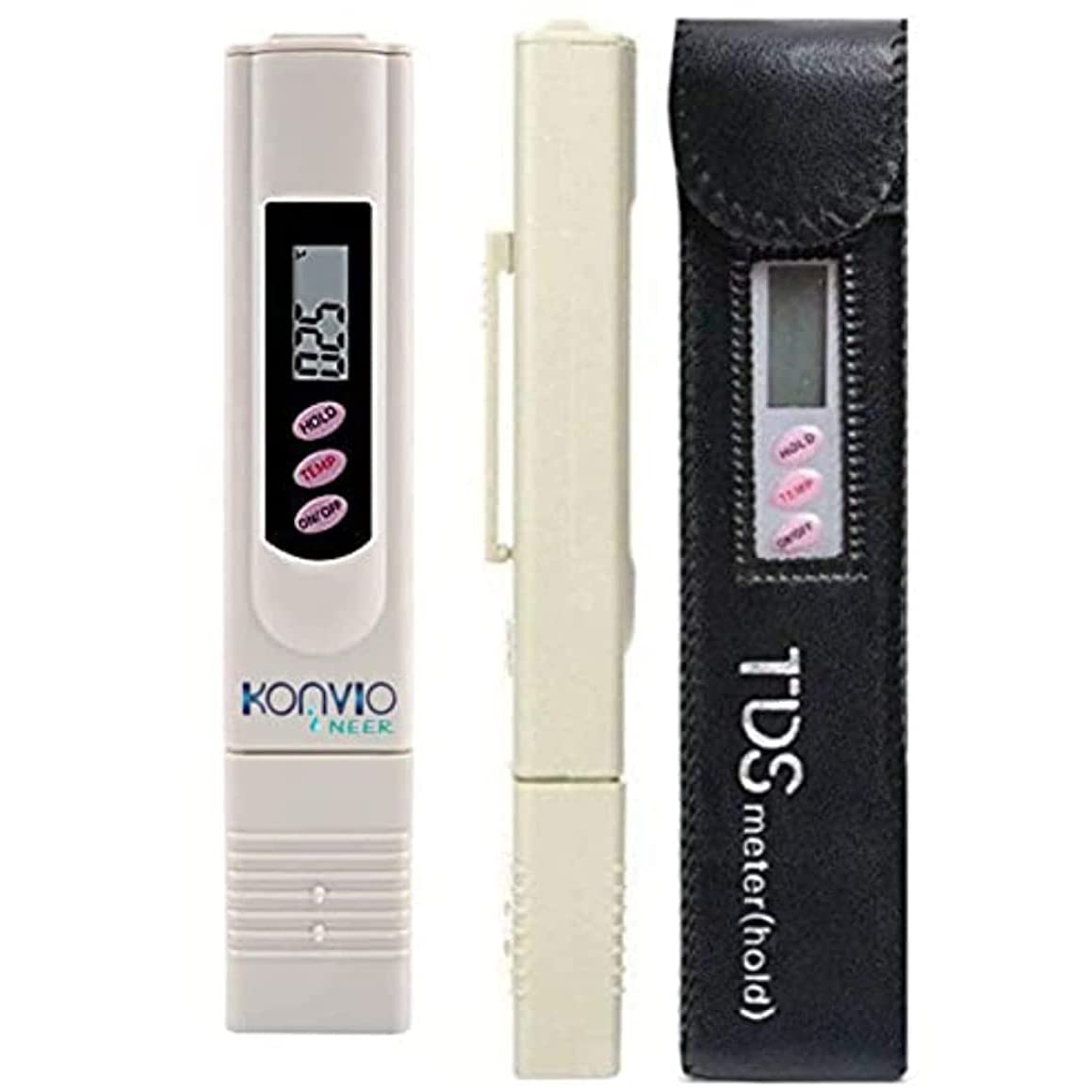
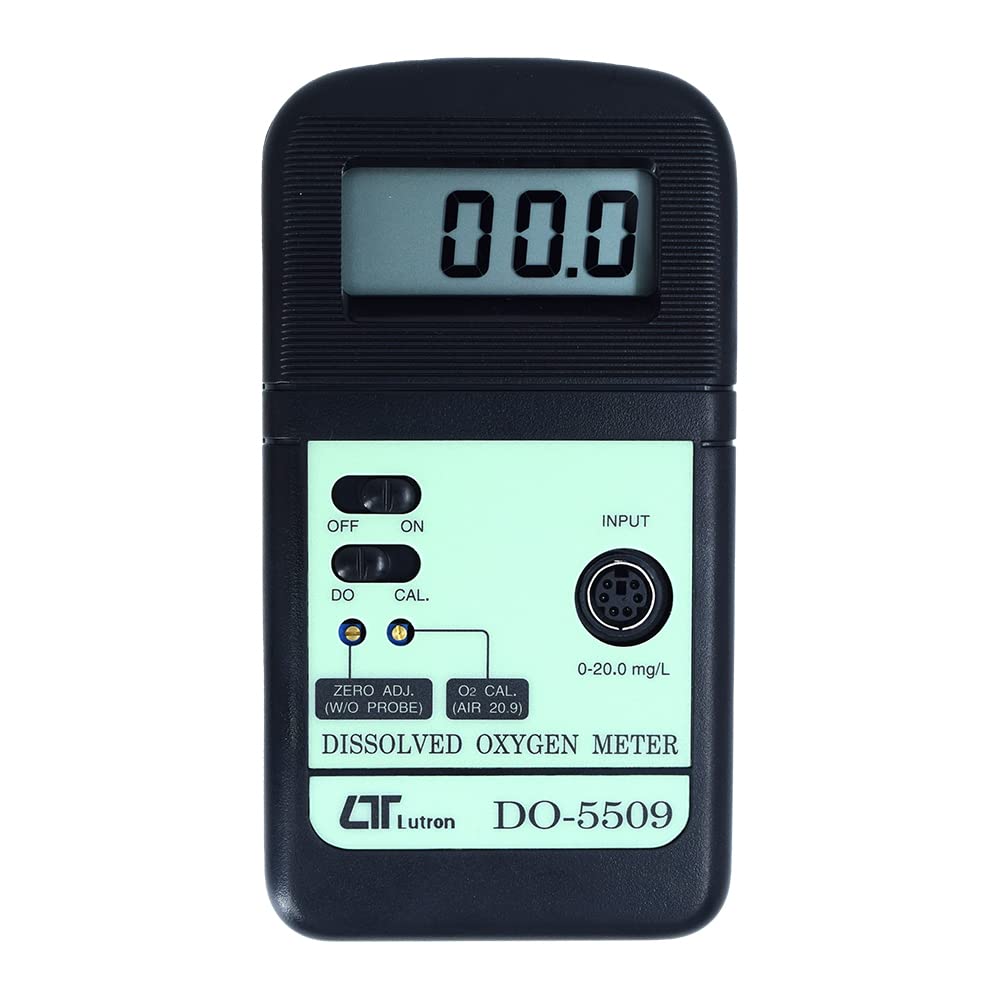
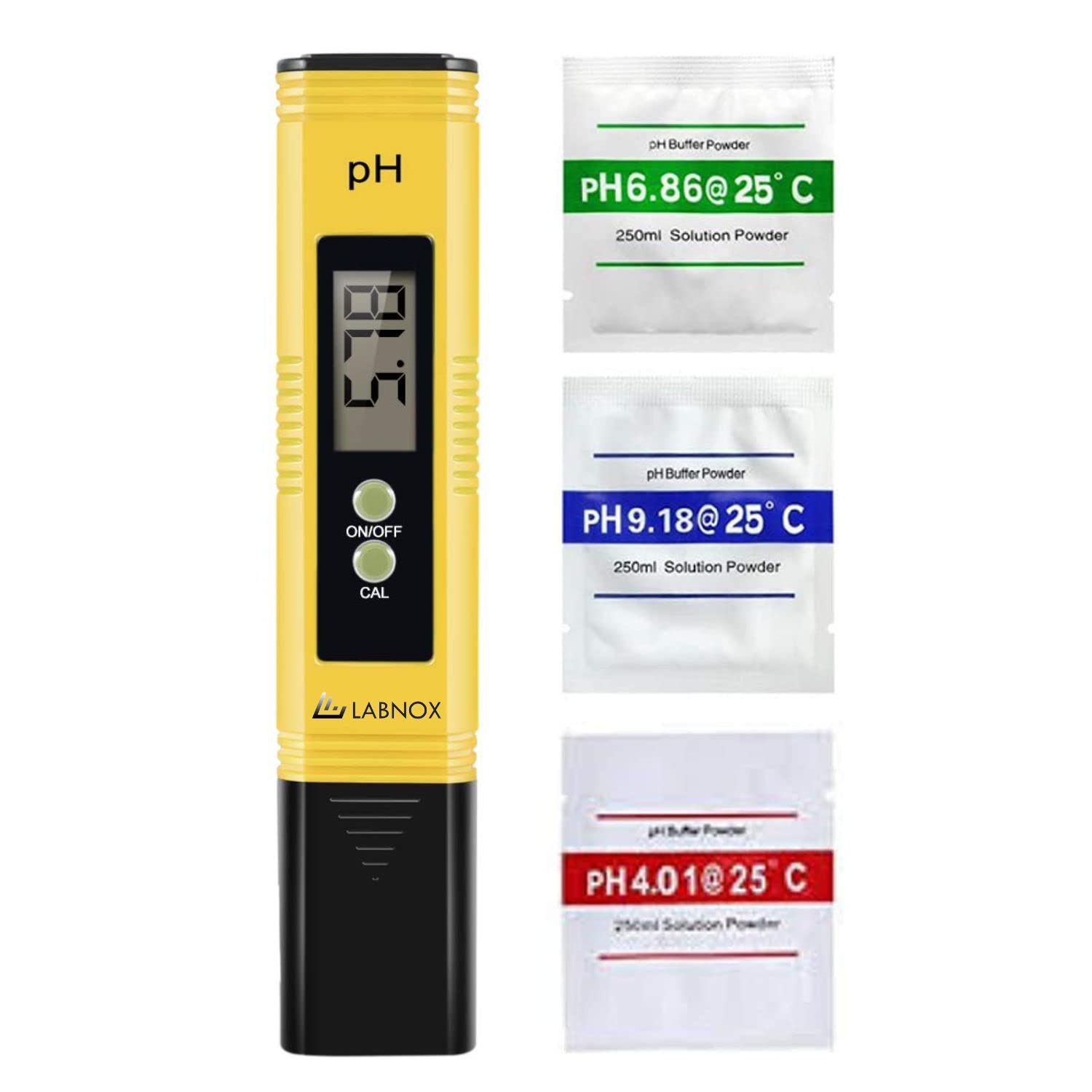
2. Do you have any preliminary data?
Yes. We have collected around a 100 samples from a river called Moira in Goa, India, with the help of local fishermen.
Here is the link to the Github page. https://github.com/MakersAsylu...
Here is a representative map based on the data we collected. Based on the inputs from fishermen, we collect water samples from clean areas and regions where there are known sewage dumps.
3. How are you going to calibrate the testers?
We will use a combination of calibration standards and the help from an accredited local water testing lab. Calibration curves and protocols will be generated for each device we use. Only if a satisfactory correlation is seen with the lab results, a device will be released for field testing.
Here are some pics of our initial survey and testing in the Moira river, Goa.
Project Backers
- 6Backers
- 100%Funded
- $6,500Total Donations
- $1,083.33Average Donation
